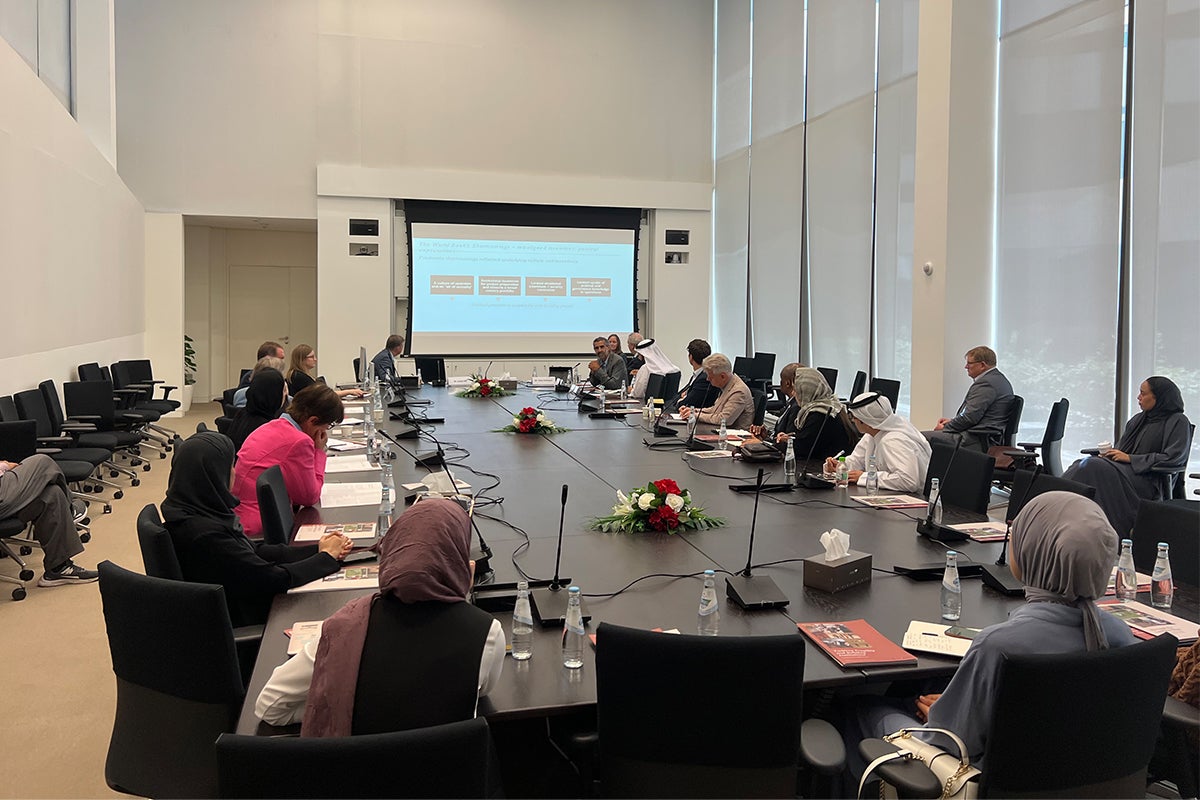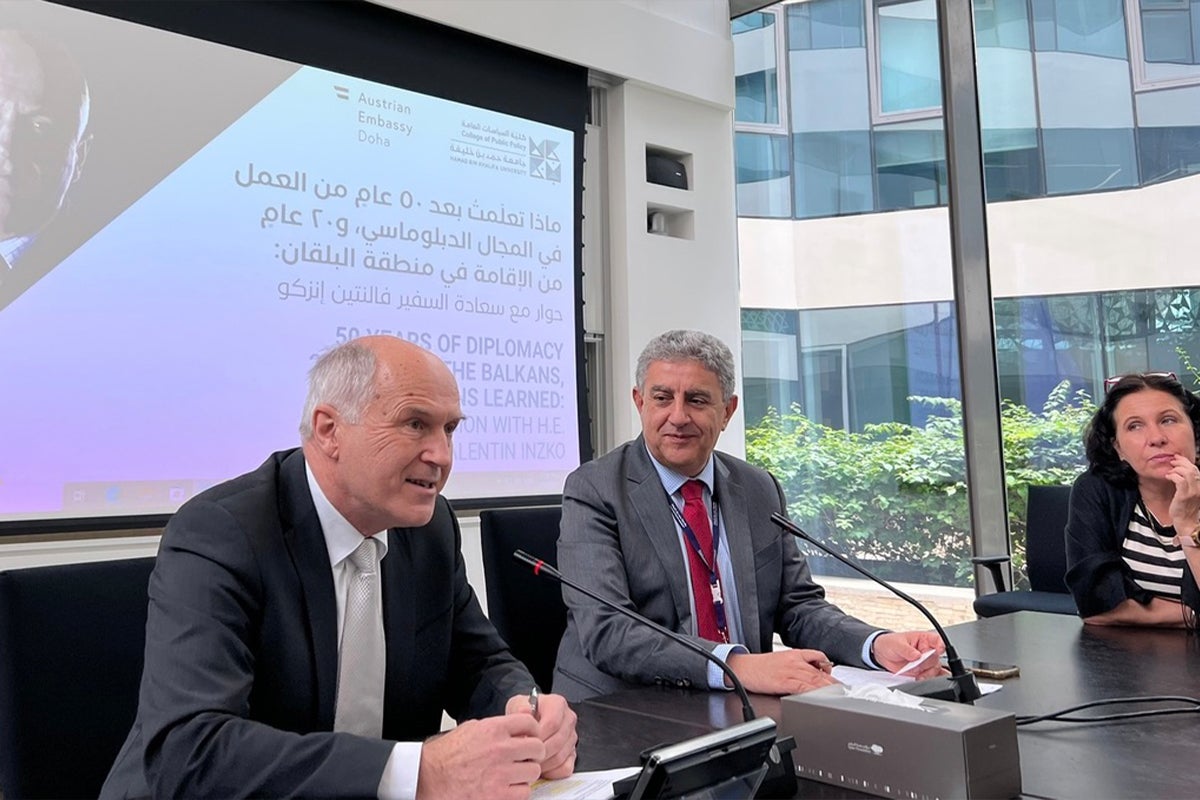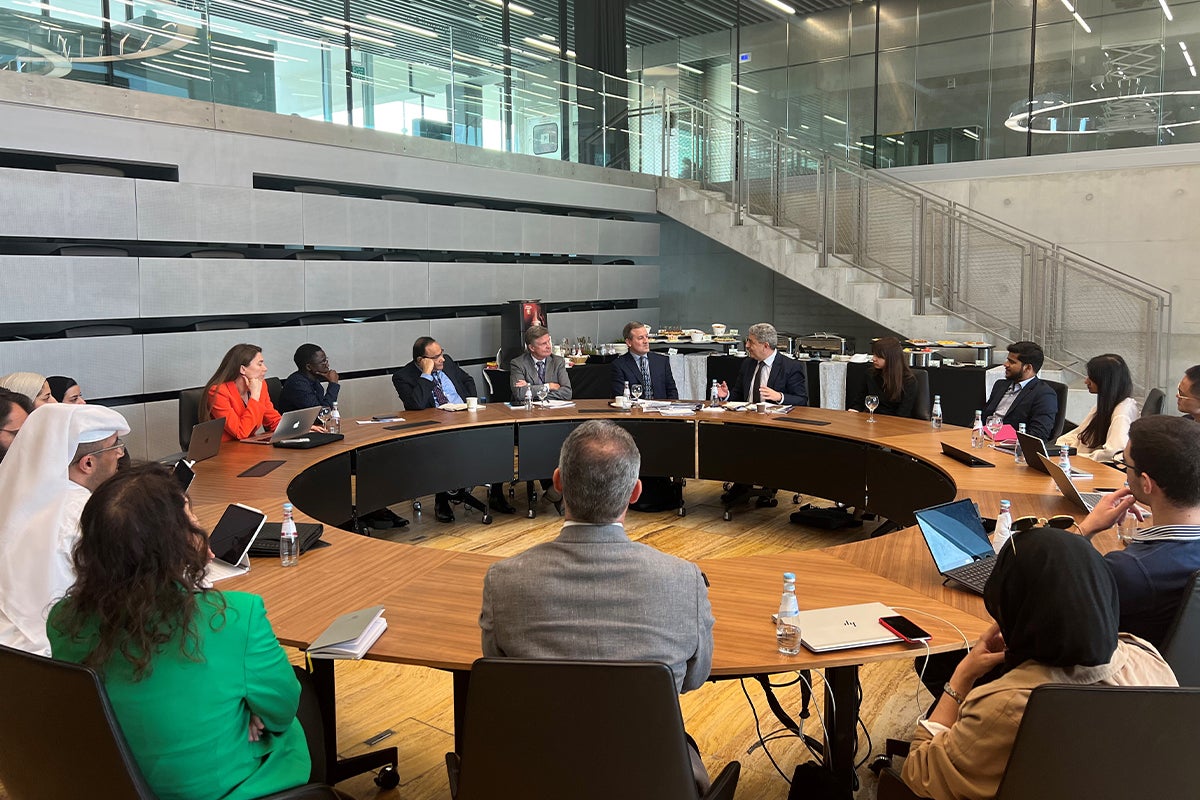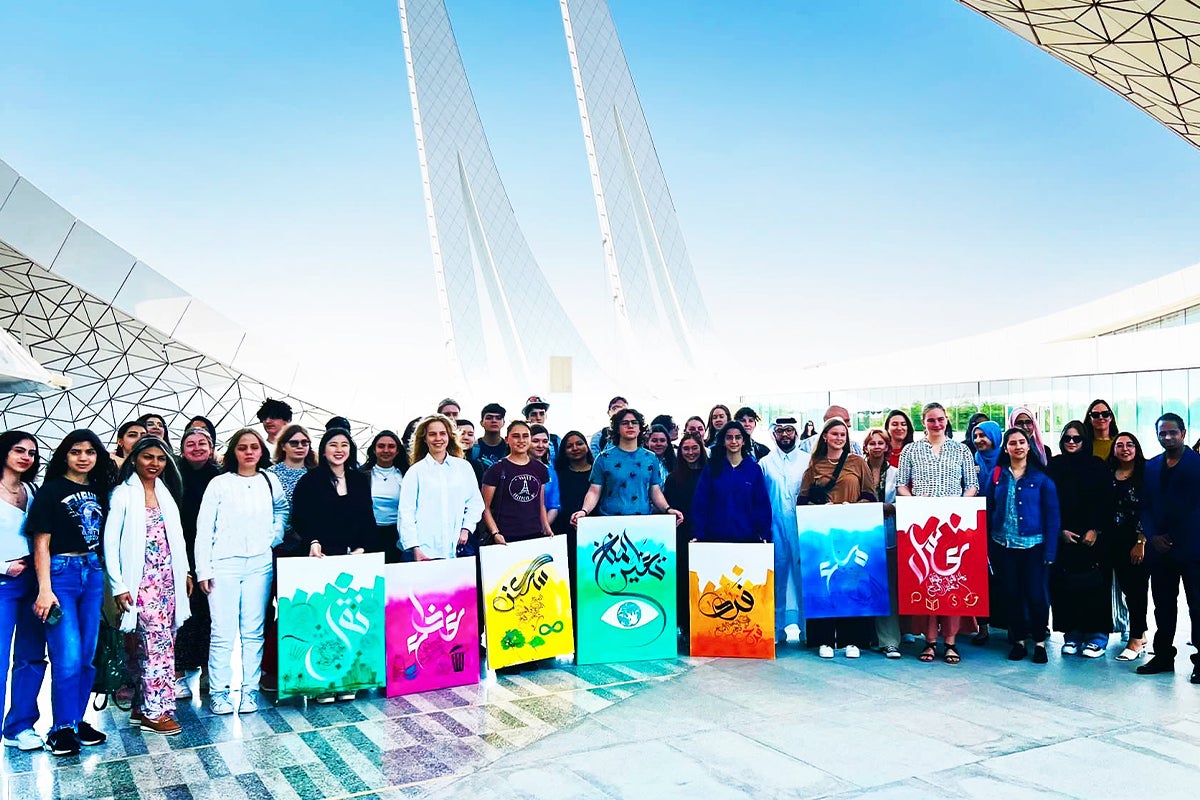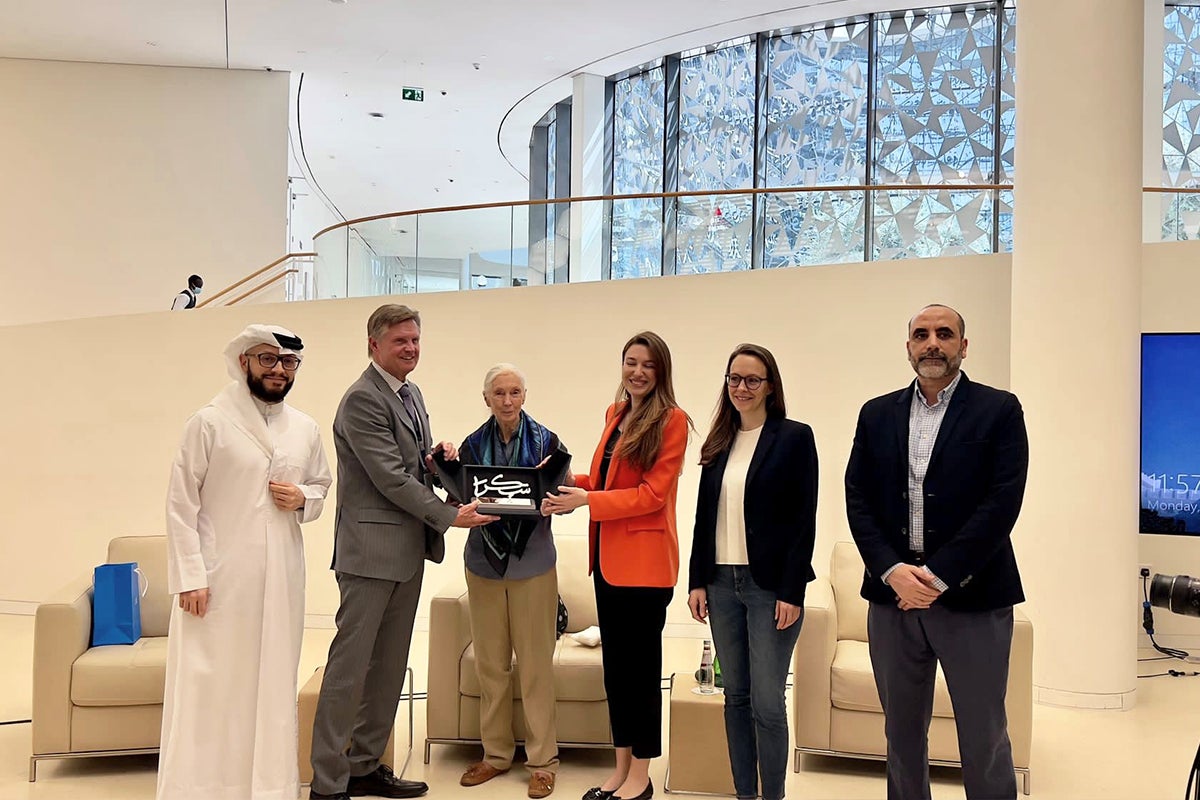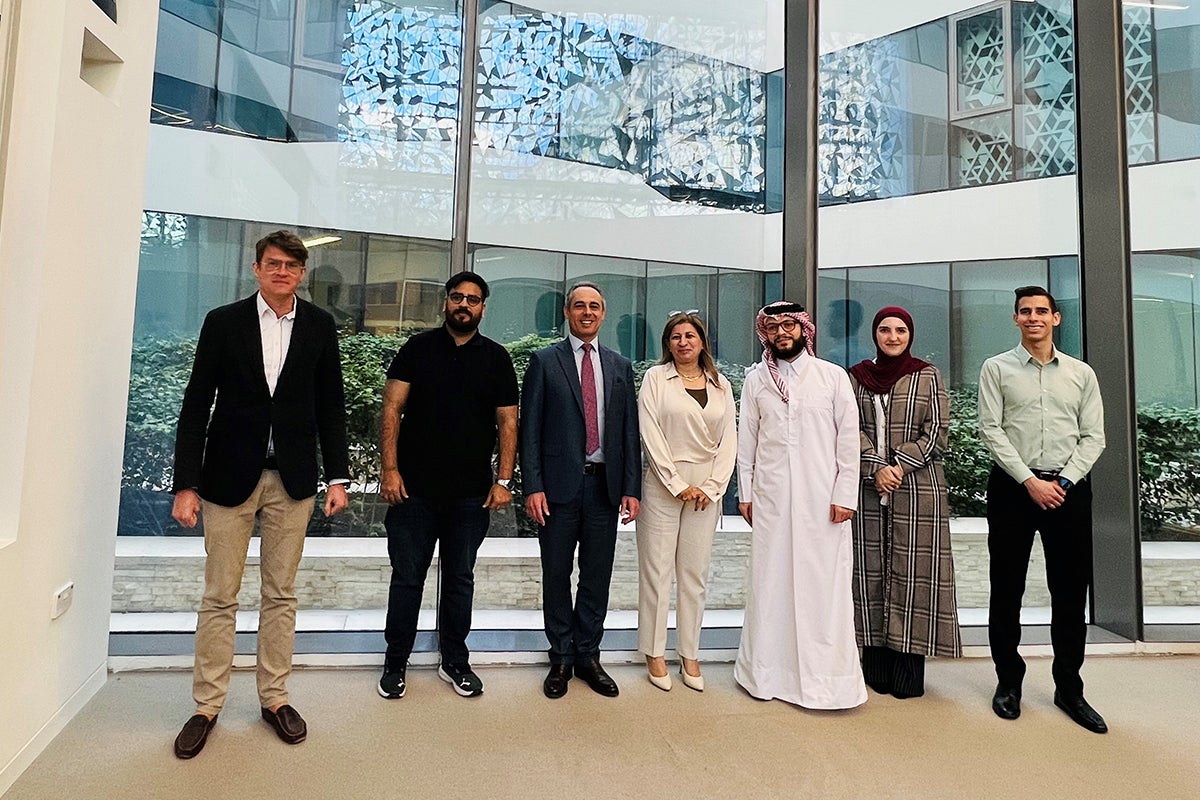Session formed part of CPP’s efforts to facilitate dialogue around country’s development

On 12 March 2023, Dr. Sultan Barakat, Professor at the College of Public Policy (CPP) at Hamad Bin Khalifa University, led a peer review session of the United Nations Development Programme’s (UNDP) socio-economic outlook on Afghanistan (2022-2023). This was a follow up to a previous meeting with the UNDP and its Resident Representative Mr. Abdallah Dardari and is part of the CPP’s efforts to facilitate a dialogue around development issues in Afghanistan at a time when there is no recognition of and little direct contact with its government.
Proceedings commenced with Mr. Dardari, former deputy prime minister of Syria and Resident Representative of UNDP in Afghanistan, delivering the opening remarks. This was followed by a presentation of the UNDP report by Mr. Zafiris Tzannatos, a senior fellow at the Lebanese Center for Policy Studies and former senior regional adviser on macroeconomics and employment policy at the International Labour Organization. An authority on the intersection between social development and economy in the Middle East, Mr. Tzannatos. touched upon the six pillars of the fact-based report – macroeconomics, poverty, coping mechanisms, event/shocks, humanitarian assistance, and recommendations. The report aims to answer certain key questions concerning the humanitarian development-peace-nexus function in the Afghan context, future opportunities, and more.
Comments by the three peer reviewers - Dr. Mazar Saleh, Dr. Logan Cochrane from the College of Public Policy, and Professor Rajai Jureidini from the College of Islamic Studies – were then presented. The session ended with a vibrant discussion on the report which saw the UNDP team tackling questions on provincial variations, the issue of girls’ education, the Hawala system, sources of income, remittances, irregular migration, impact on gender, coping strategies, and macroeconomics.
The CPP hopes this is the first of many sessions that will focus on various aspects of development with UNDP and other international organizations like the World Bank.




